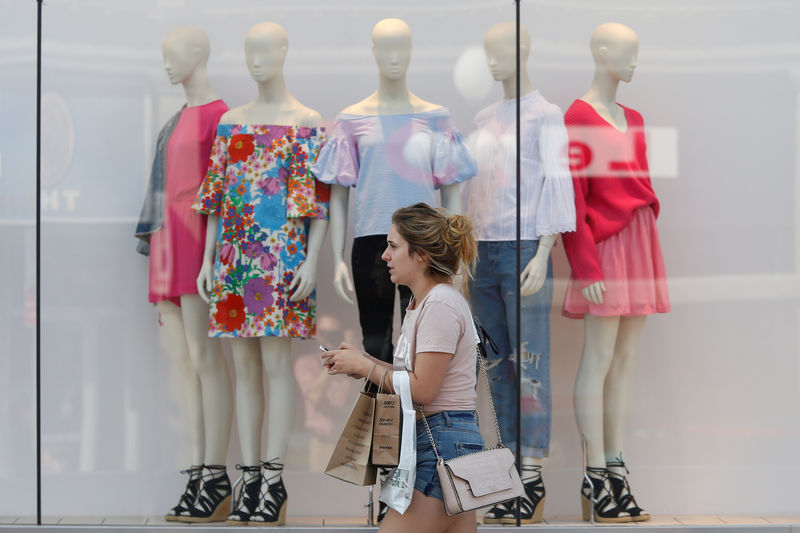By Fergal Smith
OTTAWA (Reuters) - Canada's annual inflation rate accelerated to 3.0 percent in July from 2.5 percent in June as energy prices climbed, raising expectations that the Bank of Canada might raise interest rates further as soon as next month.
The inflation rate was much stronger than the 2.5 percent forecast by analysts in a Reuters poll. The Bank of Canada, which raised interest rates in July for the fourth time in a year, has an inflation target of 2.0 percent.
"This certainly raises the probability of a move (upward) in September by the Bank of Canada, but there's going to have to be further confirming evidence of strength in the economy and inflation pressure building," said Paul Ferley, assistant chief economist at Royal Bank of Canada.
Chances of a rate hike in September rose to nearly 30 percent from less than 20 percent the day before, the overnight index swaps market showed.
Still, energy prices were the biggest contributor to the higher inflation rate, which could give the central bank the flexibility to be patient.
"The fact that it was driven by one-offs ... this is something that the Bank (of Canada) can look through, going forward," said Brittany Baumann, macro strategist, global strategy at TD Securities.
Energy prices rose 14.2 percent from July 2017, higher than the year-on-year 12.4 percent rise in June, helped by a 25.4 percent jump in gasoline prices. All eight major components rose on a year-over-year basis in July.
Among the core inflation measures, CPI trim, which excludes upside and downside outliers, rose to 2.1 percent from 2.0 percent in June.

The CPI median was 2.0 percent while the CPI common was 1.9 percent.